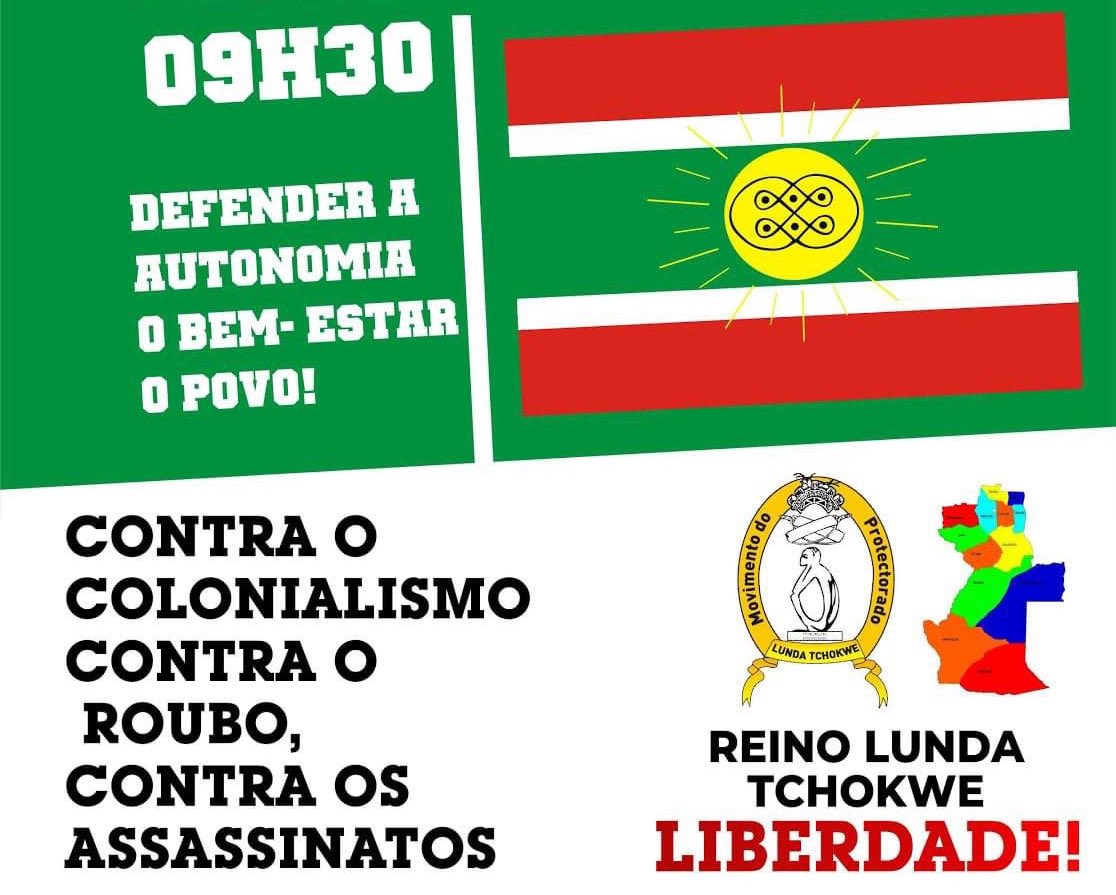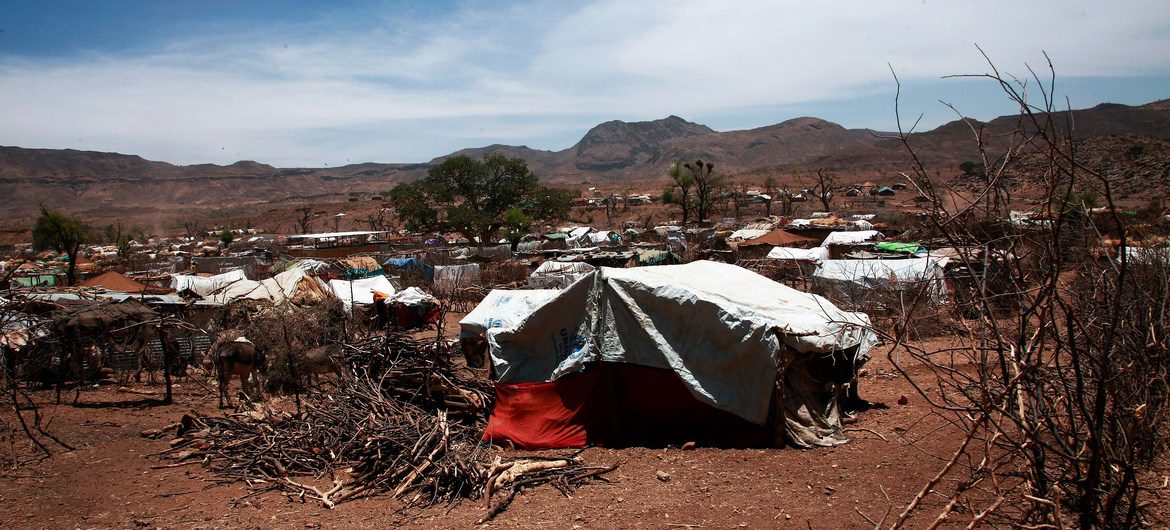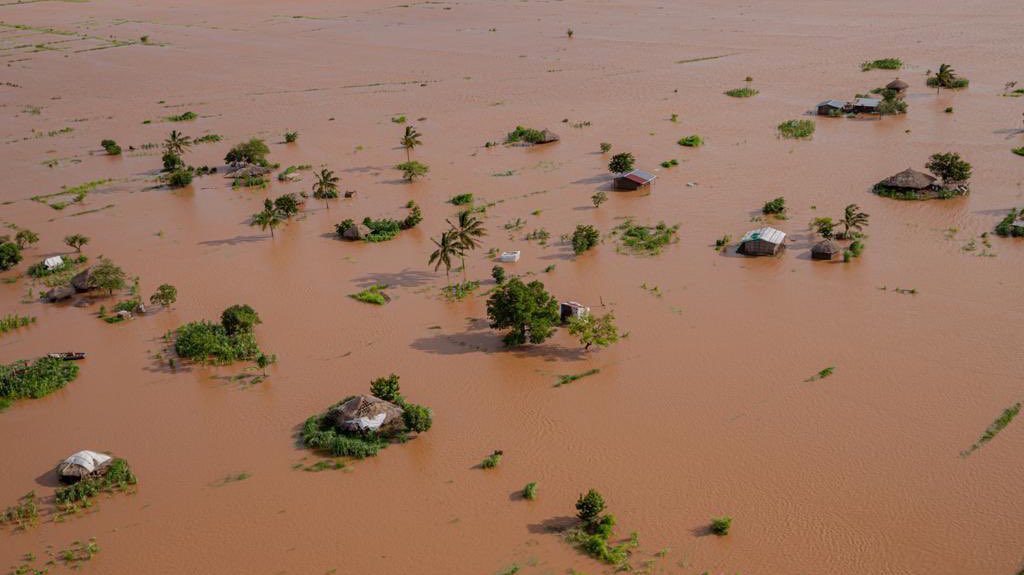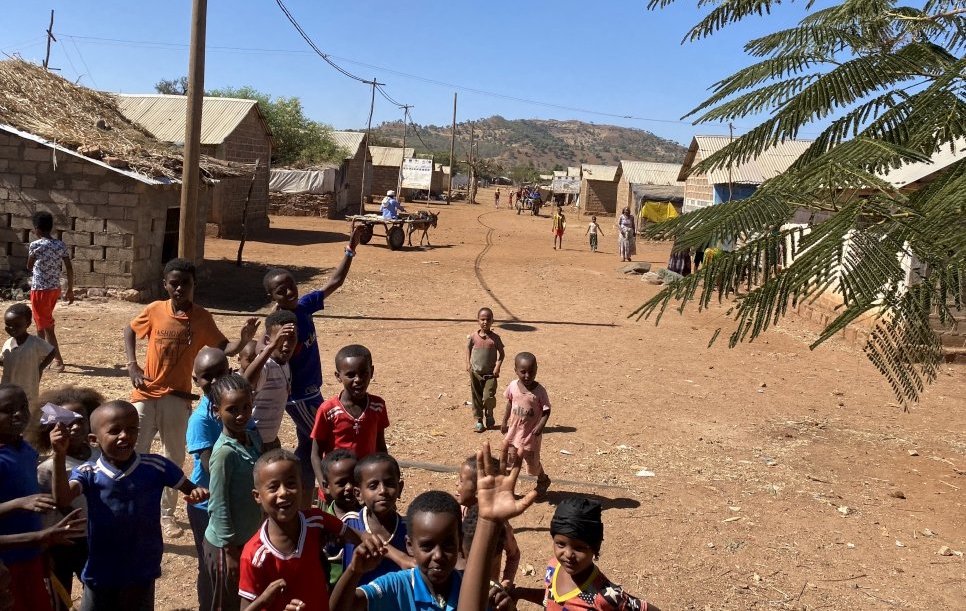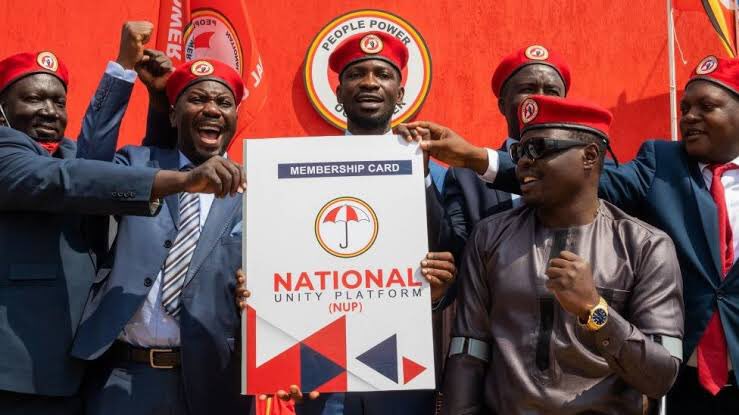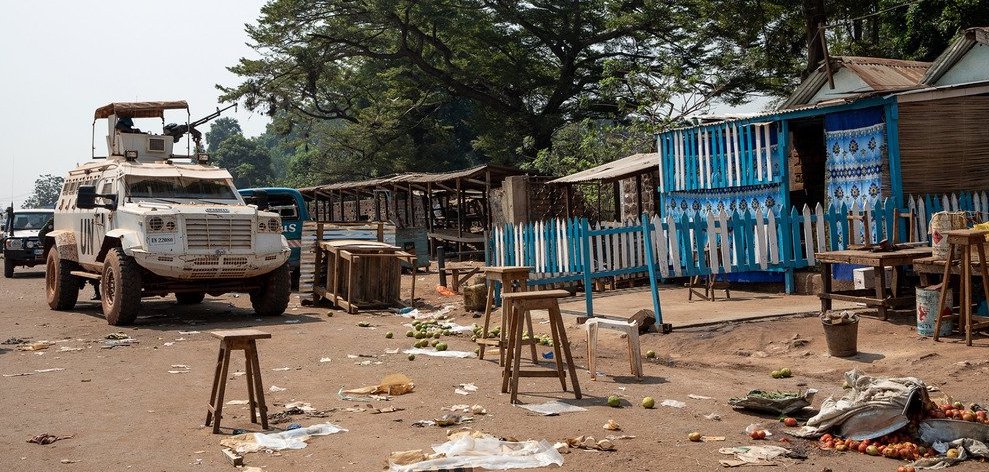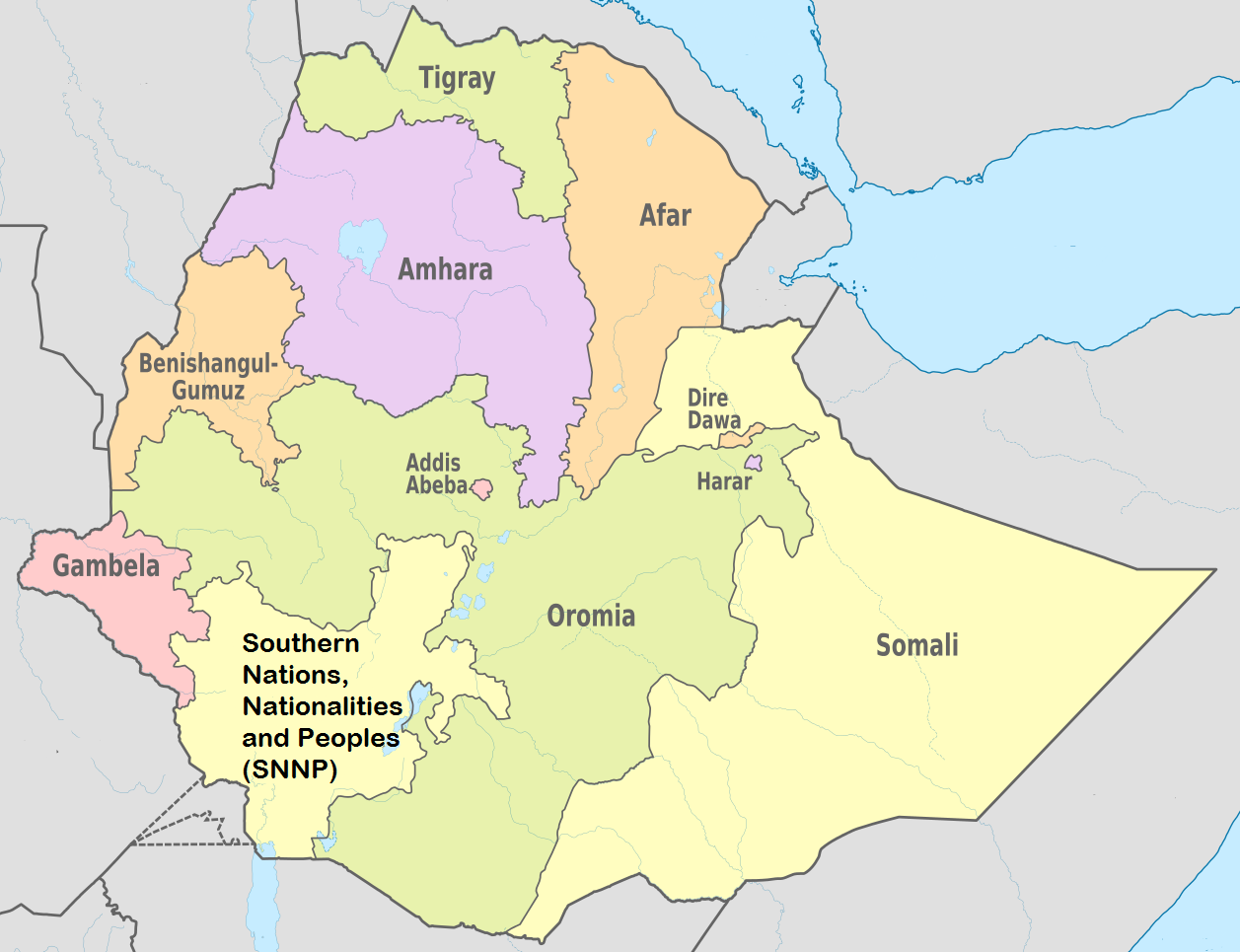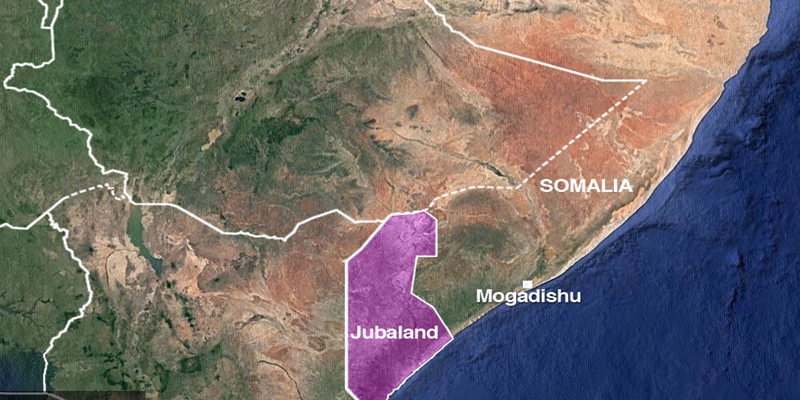
ICC convicts former Uganda rebel commander
The International Criminal Court (ICC) handed down convictions in the case of Dominic Ongwen, a former brigade commander of the Ugandan rebel group Lord’s Resistance Army(LRA), on 70 counts of war crimes and crimes against humanity committed from July 2002 to December 2005. In a 1,077-page judgment, the ICC found Ongwen guilty of ordering attacks against civilians, including murder, attempted murder, torture, enslavement, outrages upon personal dignity, pillaging, destruction of property, and persecution. These were committed successively on four camps for Internally Displaced Persons (IDPs) set up by the government in northern Uganda, where the LRA was active for four decades. (Photo: OSeveno/WikiMedia)



